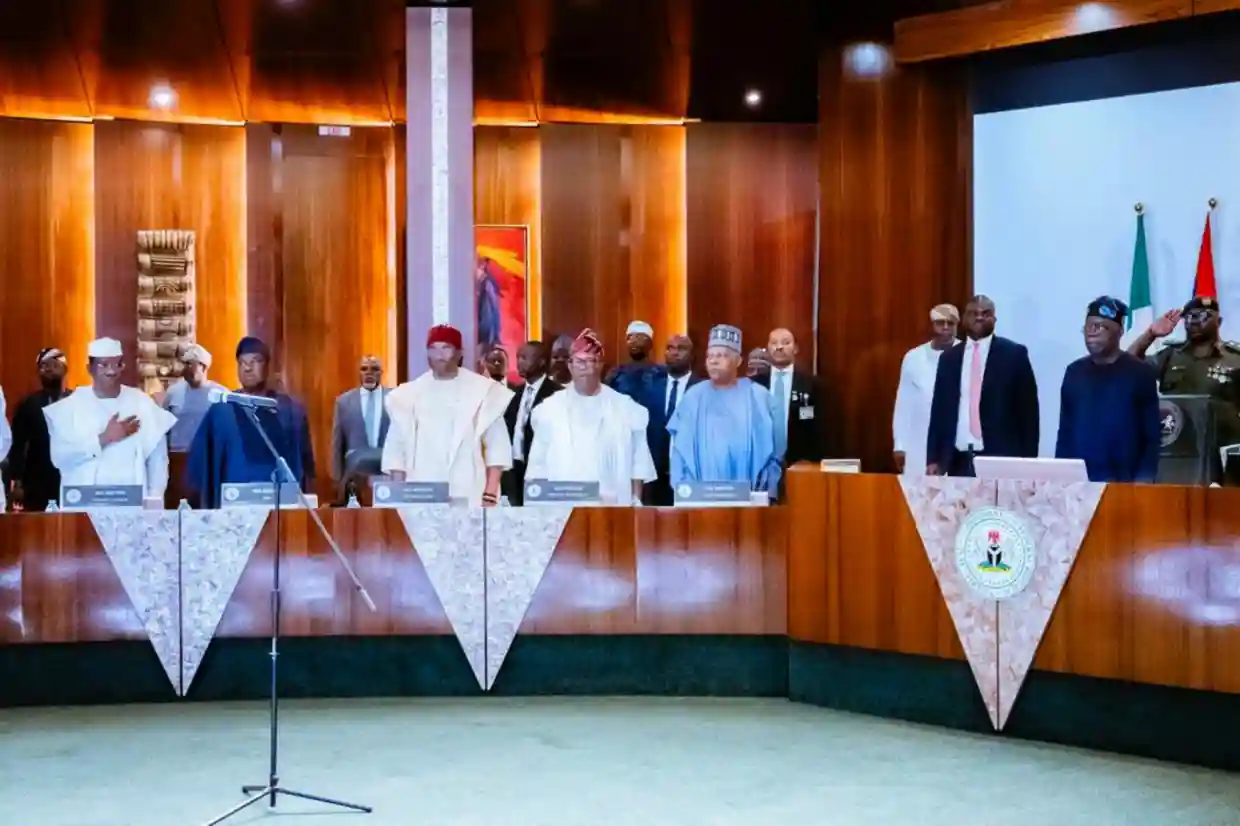The National Economic Council (NEC) has commended the Katsina Sustainable Platform for Agriculture (KASPA), describing it as a forward-looking innovation that can transform Nigeria’s agricultural sector through technology and data-driven solutions.
The commendation followed a presentation at the 152nd NEC meeting held at the Presidential Villa, Abuja, where Vice President Kashim Shettima and the Senior Special Assistant to the President on Innovation, Nasir Yammama, highlighted KASPA as a model of digital governance and agricultural modernization.
KASPA, developed under the leadership of Katsina State Governor Dikko Umaru Radda, is designed to empower smallholder farmers, strengthen agribusiness value chains, and improve service delivery using digital platforms. The model leverages data, climate information, and market linkages to make farming more efficient and profitable.
Speaking at the meeting, Vice President Shettima praised the initiative and urged other state governments to adopt similar frameworks to boost agricultural productivity and inclusiveness. He noted that technology-based governance will play a central role in achieving President Bola Ahmed Tinubu’s Renewed Hope Agenda and the federal government’s broader goal of economic diversification.
“Earlier this week, at the invitation of His Excellency, Governor Dikko Umaru Radda, I was in Katsina State. One of the progressive projects we launched is the Katsina Sustainable Platform for Agriculture, known as KASPA. It is a scalable framework for digital governance, farmer inclusion, and climate-smart productivity ready for sub-national adoption,” the Vice President said.
He explained that the initiative reflects the administration’s commitment to technology-enabled governance that bridges the gap between policy and practical results. “The story of Nigeria’s recovery will not be written by chance but by choice—by the deliberate actions we take to protect our economy, safeguard our environment, and uphold the welfare of our citizens,” Shettima added.
Presenting the concept in detail, Nasir Yammama told the Council that KASPA focuses on integrating farmers into the digital economy by providing them with access to real-time agricultural data, extension services, and market networks. He said the platform has been developed as a scalable solution that can be replicated in all six geopolitical zones to address challenges limiting agricultural productivity in Nigeria.
According to Yammama, KASPA’s framework combines modern data systems with field-level activities to connect farmers with essential resources and policy support. He added that the model encourages collaboration between government institutions, the private sector, and local communities to drive innovation and resilience in agriculture.
Following the presentation, NEC commended the innovation and urged state governments to adopt the KASPA model in their regions to unlock the full potential of agriculture and enhance food security. Council members agreed that embracing such digital frameworks will help address challenges such as low yields, limited access to markets, and the effects of climate change on rural livelihoods.
The Council also directed the Federal Ministry of Agriculture and Food Security to include in its 2026 budget the establishment of agriculture data and control centres in all six geopolitical zones. The centres will serve as hubs for collecting and analyzing data to guide policy and decision-making across the agricultural sector.

